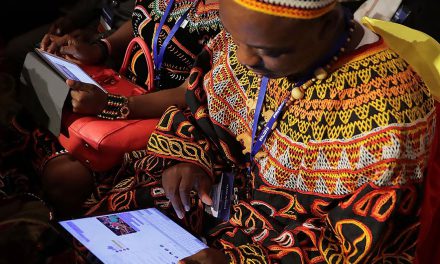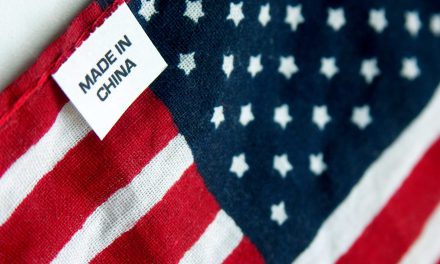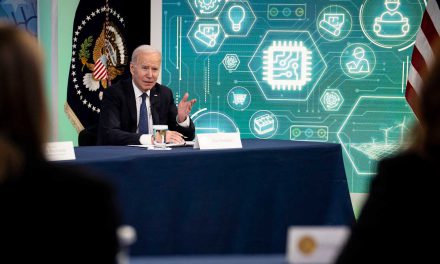In May 2021 US president Joe Biden signed an executive order declaring a “national emergency” and blocked American companies from doing business with foreign tech companies on the grounds that they posed risks to national security.
The US claims that Chinese technology multinational Huawei has links with the military and the ruling communist party of China (CCP), and could potentially use its devices to spy on the US and its allies. The US imposed the “Huawei ban” and subsequently embarked on a campaign to dissuade countries from using the company’s networks and equipment. The ban was meant to inflict economic and political costs on Huawei. However, the ban poses huge economic and political costs for Huawei’s partners in Africa, making it almost impossible to follow the US lead.
Exactly a year since the ban, US Deputy Secretary of State Wendy Sherman, while on a visit to Angola, warned African countries against using Huawei equipment citing espionage and sovereignty concerns. “We believe that when countries choose Huawei, they are potentially giving up their sovereignty. They are potentially turning over their data to another country,” she said. But the fact that most African countries have not heeded the US’s anti-Huawei campaigns points to a vivid picture of the company’s firm hold in Africa.
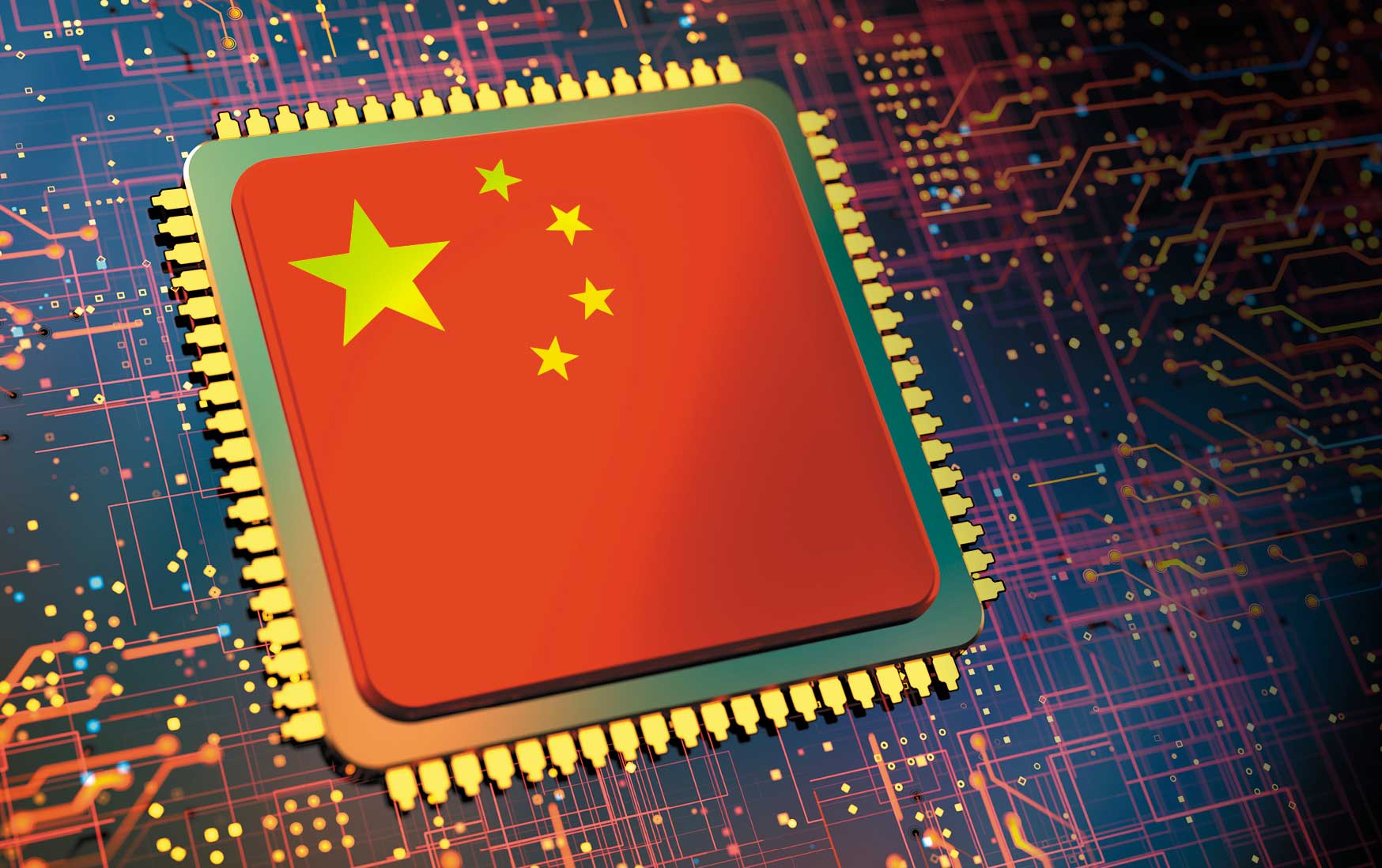
In Kenya, Huawei has become indispensable due to its huge investments in advanced communications in the country. The country forms a key strategic element of China’s Digital Silk Road, the communications arm of the Belt and Road initiative that has its African node in Kenya. As recently as March this year, the Huawei-backed 15,000 km undersea cable, PEACE (Pakistan and East Africa Connecting Europe), arrived at Kenya’s port city of Mombasa. Kenya has positioned itself as the West African regional and continental digital hub, thanks in part to Huawei’s massive investments in the country. In fact, digital connectivity is emerging as the next frontier in Kenya-China relations, in line with the latest Forum on China Africa Cooperation (FOCAC) commitments.
The tech giant is at the heart of Kenya’s technological drive and is already implementing national digital economy projects such as a national cloud data centre, a smart ICT network, a safe city project, smart traffic solutions as well as a cloud centre for government enterprise service under the Konza Technocity banner – a vision 2030 project that seeks to establish a “technology-intensive and high-tech industries in ICT, biotechnology and e-commerce”.
These projects are supported by extensive training for young Kenyans under the “Huawei seeds for the future” programme that provides ICT skills as well as partnerships with universities and academics to prepare Kenyans for the digital economy. The company also advises Kenya on its information and communication master plan.
Huawei is also the main driver of Kenya’s 5G revolution, having been contracted as the major supplier by the largest telecommunications company, Safaricom, to roll out its 5G network, along with Nokia. Kenya’s revolutionary M-Pesa mobile payment service, also run by Safaricom, runs on the Huawei network and with its support.
In Kenya, Huawei’s footprint has expanded across both the public and private sectors. The country’s major banks rely on its networks for their digital banking that is transforming the financial sector. The company has also diversified its product portfolio to include data archiving, backup and recovery – supporting a huge market of enterprises in the country.
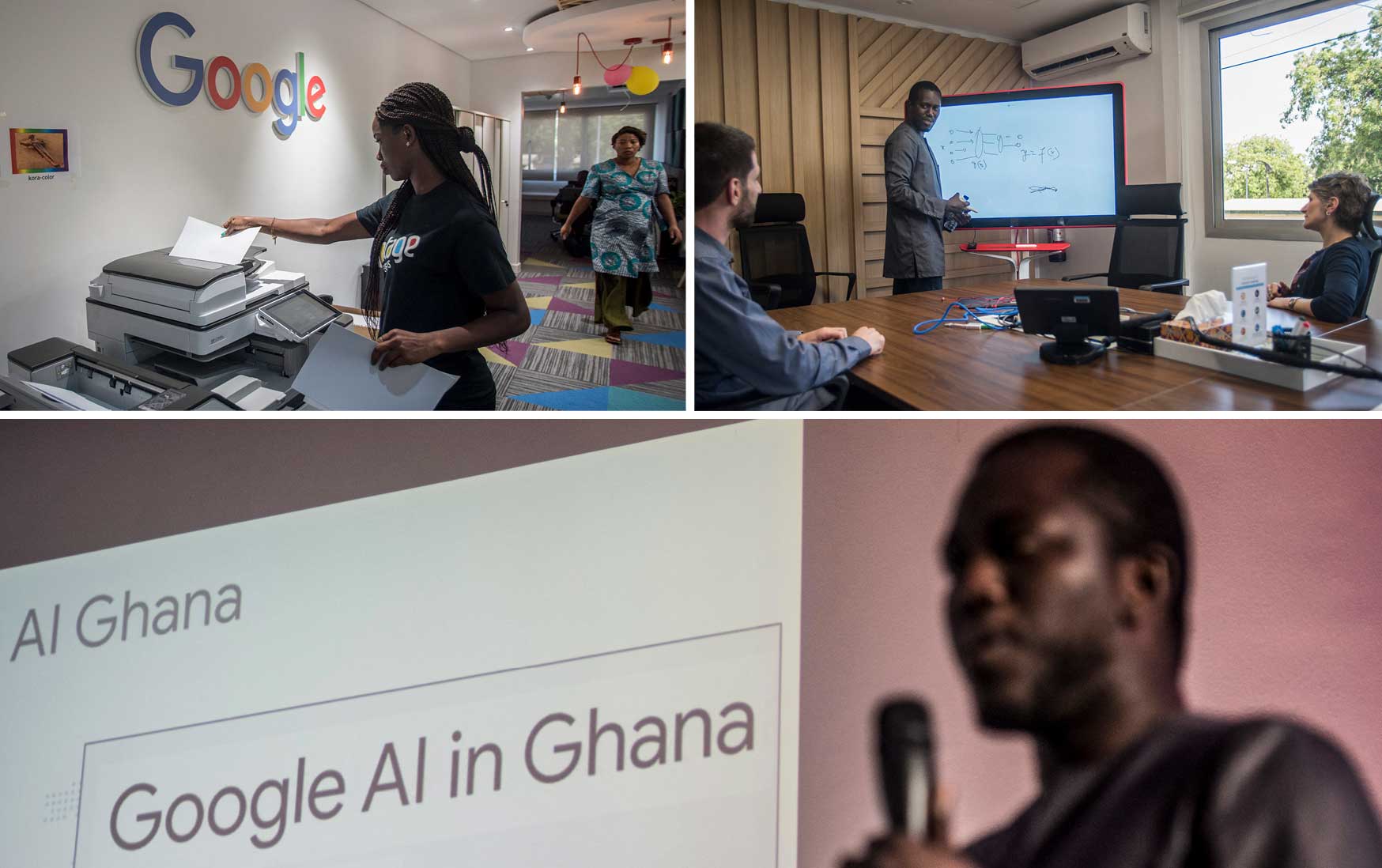
The Google Artificial Intelligence (AI) office in Accra is the first AI centre established in Africa by Google. Photos: CRISTINA ALDEHUELA / AFP
Kenya’s latest country report (2018) indicates that Huawei has laid more than 4,000 km of fibre-optic cables in the country, with 3,500 mobile base stations, accounting for 62% of those that serve millions of customers across the country. Huawei phones, meanwhile, enjoy a relatively large market share in the country; their relatively low cost and high-performance handsets account for about 7.44% of market share just behind other popular Chinese brands such as Techno, Infinix, and Oppo.
It is unsurprising, therefore, that there has been plenty of concern in Kenya that severing ties with Huawei would be detrimental to the economy and the country’s digital race. A major newspaper in the country captured the mood when it published an opinion piece headlined “Kenya shouldn’t get sucked into Huawei security scare”, describing the ban as “absurd”. It went on to urge the Communication Authority of Kenya (CAK) to “ascertain that local telecom companies do not get sucked into this fake security scare. Safaricom, Airtel, and Telkom Kenya should be allowed to buy whatever equipment they think is best for 5G in Kenya.”
Concerns that Safaricom’s parent company, Vodacom in the United Kingdom, would compel Safaricom to take similar action were heightened after the UK succumbed to US pressure to renege on its decision to allow Huawei to provide 35% of its new 5G network, opting instead to remove all Huawei equipment from this network by 2027.
However, despite stating that Safaricom would follow guidelines from its main shareholders in Britain and South Africa, acting CEO Michael Joseph was quick to affirm, “We will use Huawei in 5G… What will we do in terms of the American statements about not using Huawei? We don’t have that situation in Africa.” So, while there has been speculation that the US ban might have influenced Safaricom’s decision to suspend its Huawei-led 5G roll out in Kenya, despite successful trials in favour of upgrading its 2G and 3G customers to 4G, there is no evidence to that effect.
Kenyan ICT Minister Joe Mucheru initially appeared non-committal on the matter when in 2020, he said: “It’s up to telecom operator Safaricom, not the government, to decide whether or not to use Huawei equipment.” But pressed on policy, he affirmed the government’s position by stating that “our policies are not dictated by US policies in technology. I have not seen any letter or document about stopping the project, and we cannot stop even if we are asked to do so. We are an independent country.” This suggests that the country is unlikely to heed US calls to stop using Huawei equipment and technology.
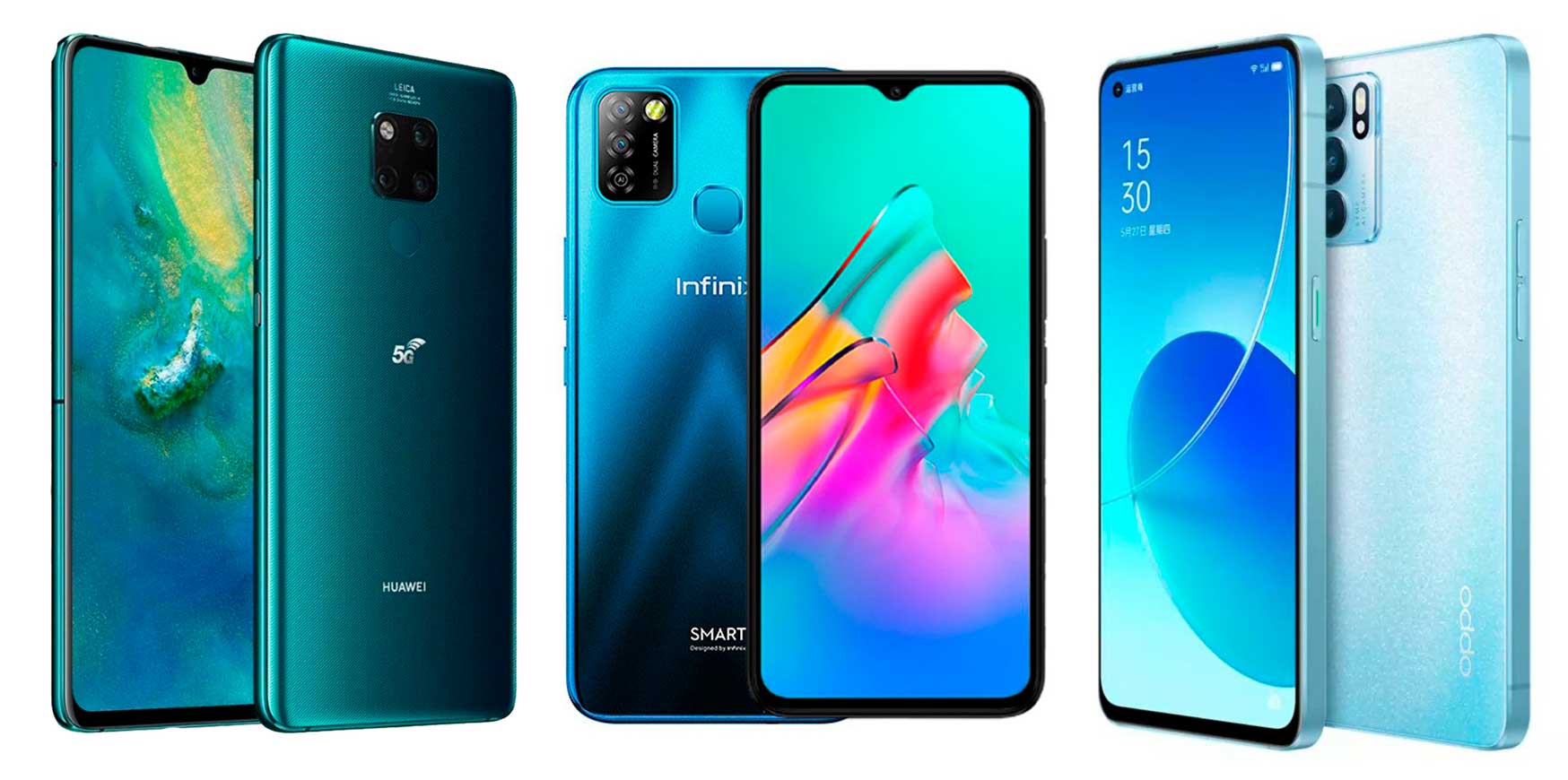
Huawei, Infinix, Oppo and Techno are popular low cost, high-performance mobile devices available in Kenya.
Huawei was also quick to reassure the country that the ban would not affect its business in Kenya. Customers were concerned that they would lose Google services like the play store, YouTube and the Android operating system on their handsets, but these concerns were quickly allayed by Huawei’s announcement of its own operating system, codenamed “Hongmeng” as an alternative to Google services, as well as the Huawei App gallery to download Apps from.
However, the loss of those Apps do appear to be a challenge for Huawei in Kenya. It has been reported that Facebook, now Meta, has already banned pre-installed apps on Huawei phones. These include the Facebook, WhatsApp and Instagram, all of which are popular with the majority of young Kenyans, who are its biggest market in the country.
According to Ken Abuya, a technology expert with a bias in enterprise and mobile technology, “Huawei has not been doing well on the smartphone front following the US ban from 2019,” he said. Data from Statcounter Global Stats reveal that Huawei’s mobile vendor market share did drop marginally in Kenya, from 7.9% to 5.75% between April 2021 and April 2022, confirming that the ban had indeed slowed down its handset sales in the country.
There is no doubt that Huawei is heavily invested in Kenya and that severing ties with the company would inflict a heavy economic cost on the country and derail plans to grow its digital economy and the drive to digital connectivity in general.
Huawei has taken a lead role in accelerating Kenya’s ICT development by facilitating access to high-quality, yet affordable digital infrastructure and services. These incentives far outweigh America’s security concerns, which are often exaggerated and come with political inclinations. The validity of US concerns in the context of global power competition and tech wars with China remain murky, leaving countries like Kenya with no option but to leverage on Huawei’s potential to deliver its digital goals as the only rational choice.
[activecampaign form=1]
Dr Cliff Ochieng Mboya is an Africa-China analyst and International relations practitioner. He earned his PhD in International politics from Fudan University (China). He holds a MA in Development Communication from the University of Nairobi and a BA in International Relations and Journalism minor from the United States International University. His research interests include Africa-China relations (Belt and Road Initiative, FOCAC, Public diplomacy) global governance and development Communication.



